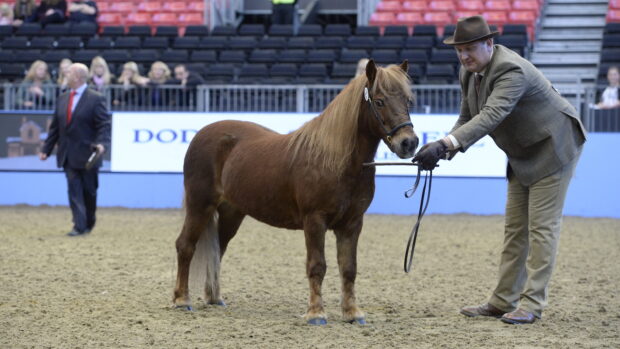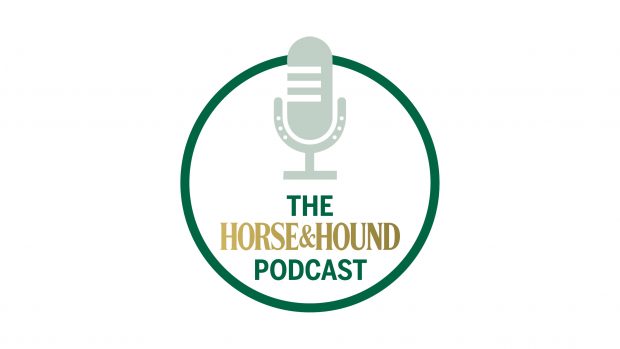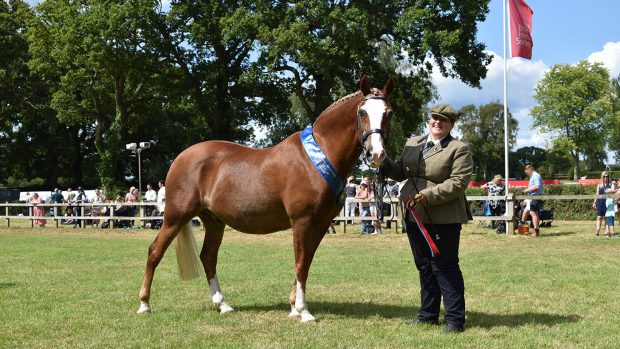More articles on caring for veteran horses
Advice on feeding veterans
Plenty of horses now compete into their late teens and 20s, but veterans often need special care. This simple checklist will help you to keep an older horse healthy
1. Watch his body condition: Weight loss is frequently the first sign of ill health
2. Consider company: Horses are herd animals. Old horses need companions and interaction — if you cannot afford two horses, goats make great friends
3. Keep on top of worms: Old horses are no more immune to worms than younger ones
4. Vaccinate: Tetanus affects animals of all ages and influenza is very serious, if not fatal, in aged animals
5. Look after his feet: They may not be shod anymore, but they still need trimming
6. Avoid dust: If stabled make sure that there is good ventilation. Dust is the enemy of the older horse — most veterans have some degree of dust allergy, particularly to poor quality hay and straw
7. Rug up: Old horses frequently have little fat cover, so they will need rugging up during the winter. If stabled, a deeper bed helps prevent sores developing
Looking for more articles on caring for veteran horses?
Get advice on feeding veterans now




